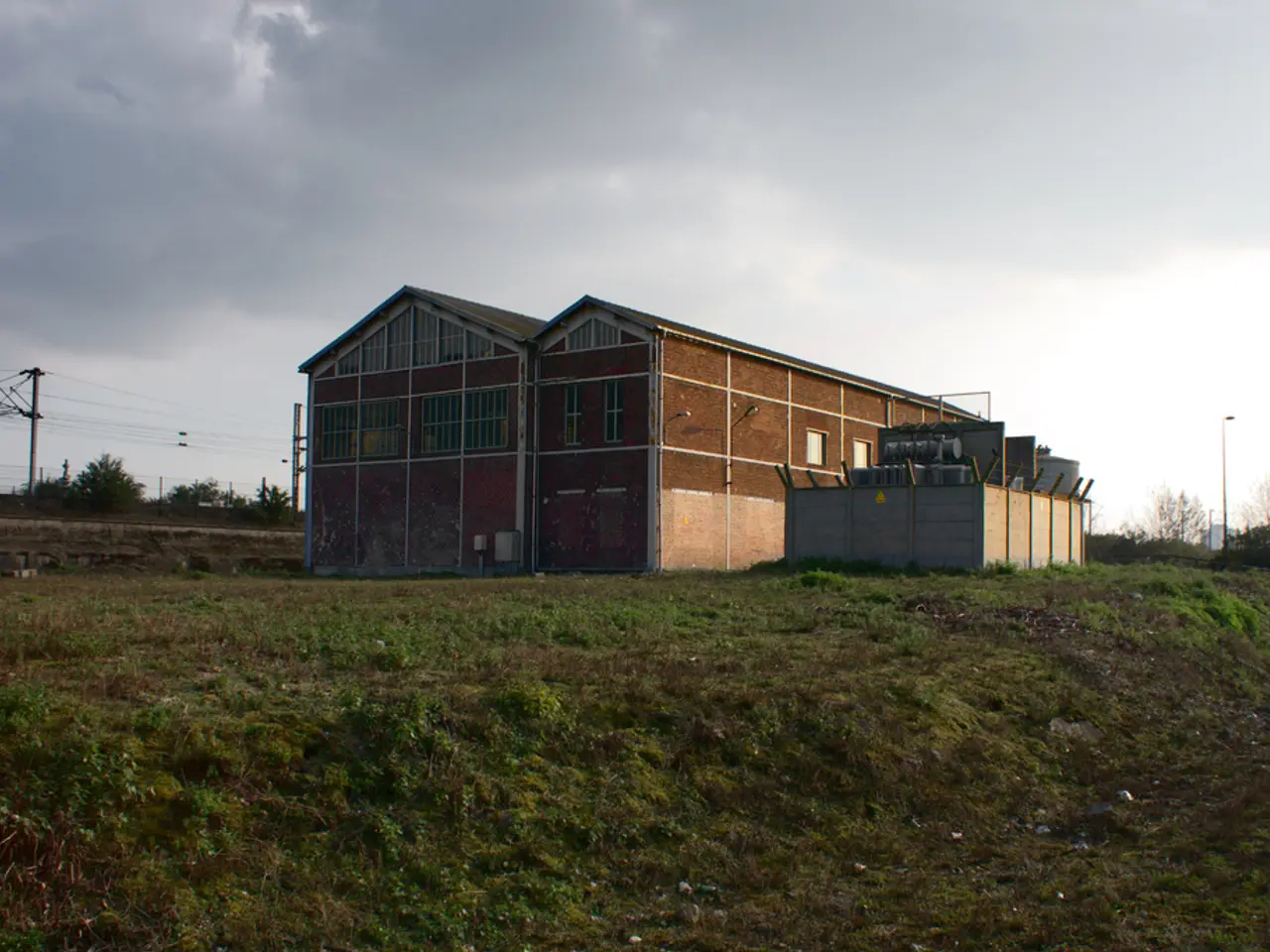Forced solar panel installation may have the capacity to provide electricity for approximately 1.17 million additional households, according to claim by energy company.
Good Energy, a leading company specialising in renewable energy solutions, has released a report suggesting that the installation of solar panels on new-build homes could save homeowners up to £600 per year and make a significant contribution to the UK's net zero targets.
According to the report, homes with solar panels generate more electricity for the news today than they consume. The findings are based on smart meter data from over 900 domestic solar customers across the UK, providing insights into electricity generation and export patterns.
Nigel Pocklington, CEO of Good Energy, has advocated for the legislating of photovoltaic for every new-build project across the country. He believes that mandating solar panels on new-build homes would be an important and highly effective component of the government's energy policy.
Pocklington emphasises the importance of making a meaningful contribution to zero carbon power goals through domestic energy generation policies. He also states that supporting people to generate their own clean power is a clear and economical way to achieving climate targets as a country.
However, the report does not provide specific details about the cost of installing solar panels on these new-build properties. Neither does it specify the exact amount of energy that could be saved for each home with solar panels installed.
The report also addresses common misconceptions about heat pumps, a technology used in conjunction with solar panels for heating and cooling homes. Good Energy found that more than a third (36%) of people falsely believe that a heat pump is louder than a fridge, higher than the average of 23%. A quarter of people have been misled to think that heat pumps don't work in the cold, compared to an average of 15%.
Minister for Energy Efficiency Lord Callanan derided these misconceptions as a 'campaign' funded by 'vested interests'. Conservative MP Chris Skidmore has previously urged the scrapping of planning permission for solar panels and reviewing whether they should be mandatory on new building projects.
Pocklington's comments underscore the need for the next UK government to commit to domestic energy generation to achieve net zero targets. He also emphasised the importance of instigating a strong energy policy based on home-grown renewables as a core priority for the incoming government.
Notably, the report does not mention any potential negative environmental impacts of the large-scale installation of solar panels. The report does not provide information on the timeline for implementing these changes in solar panel installation policies.
The installation of solar panels on 1.5 million new-build properties could generate surplus electricity capable of powering an additional 1.17 million homes across the UK, according to the report. This could significantly reduce the country's reliance on fossil fuels and contribute to the UK's goal of achieving net zero carbon emissions by 2050.
In conclusion, Good Energy's report highlights the potential benefits of mandating solar panel installation on new-build homes. While the report does not provide specific details about the costs and timelines, it underscores the importance of domestic energy generation in achieving net zero targets and reducing reliance on fossil fuels.








